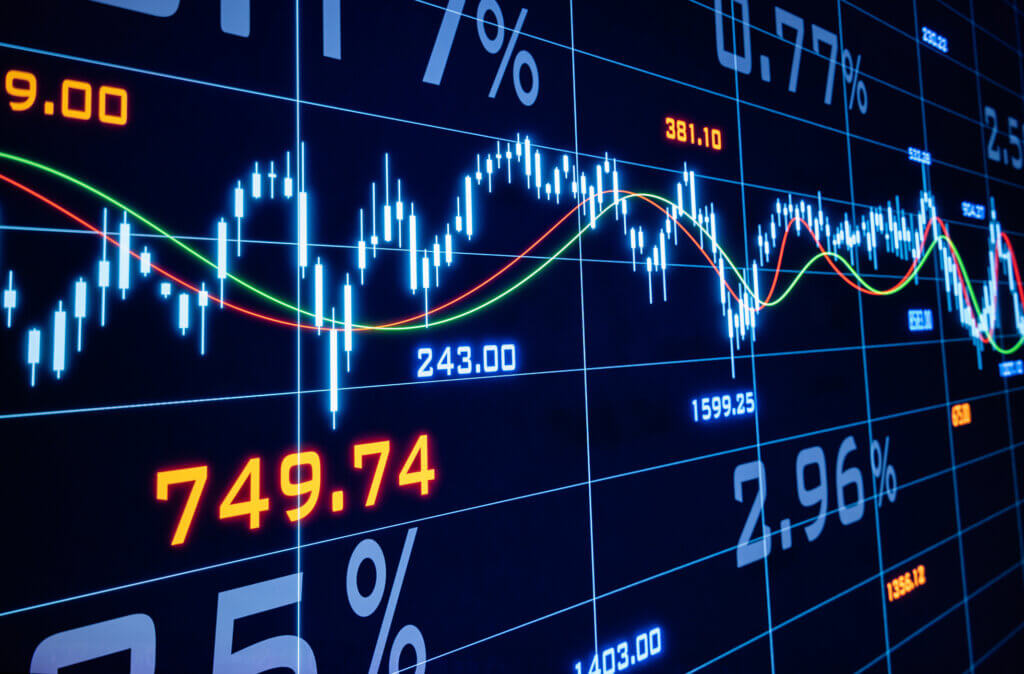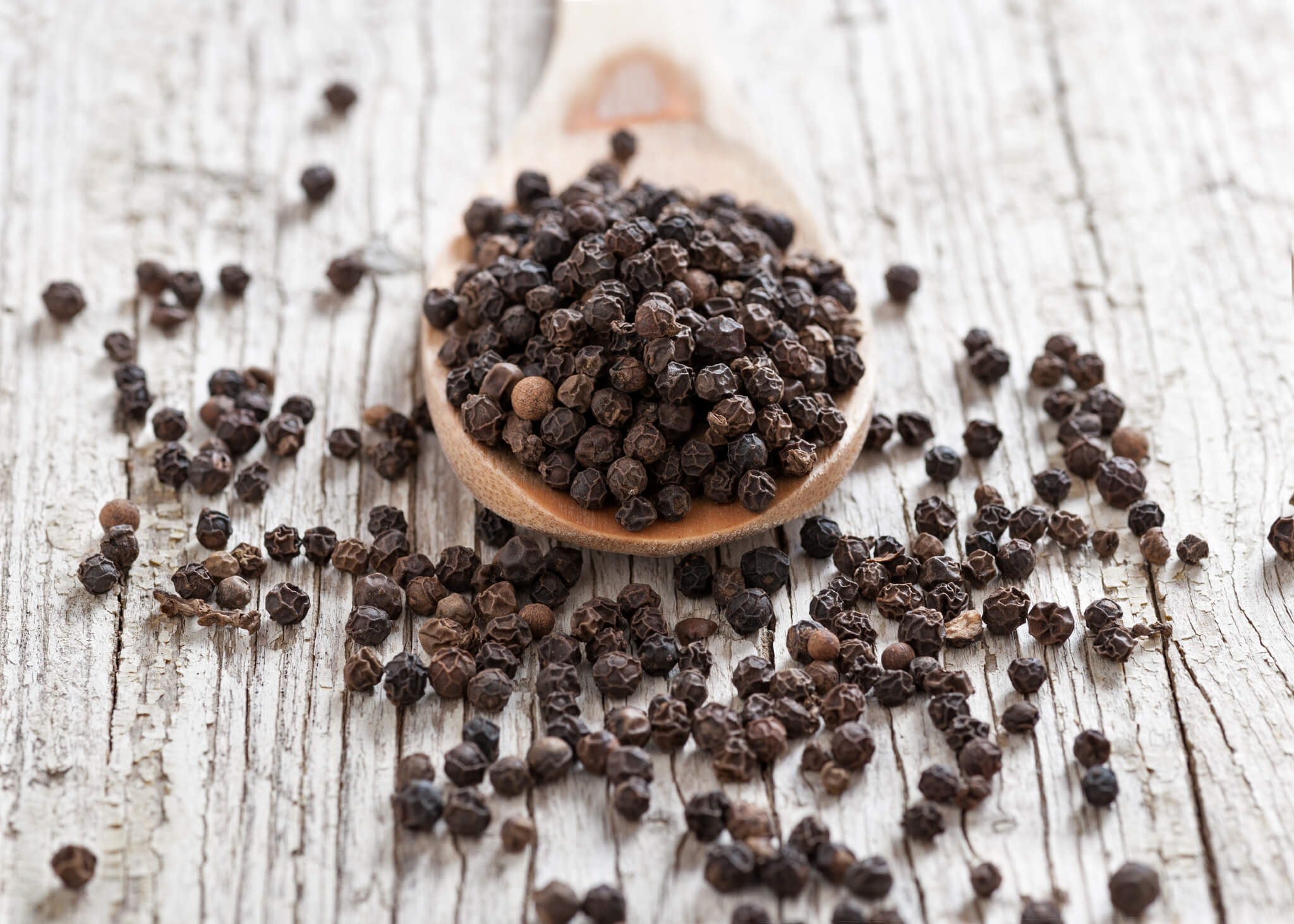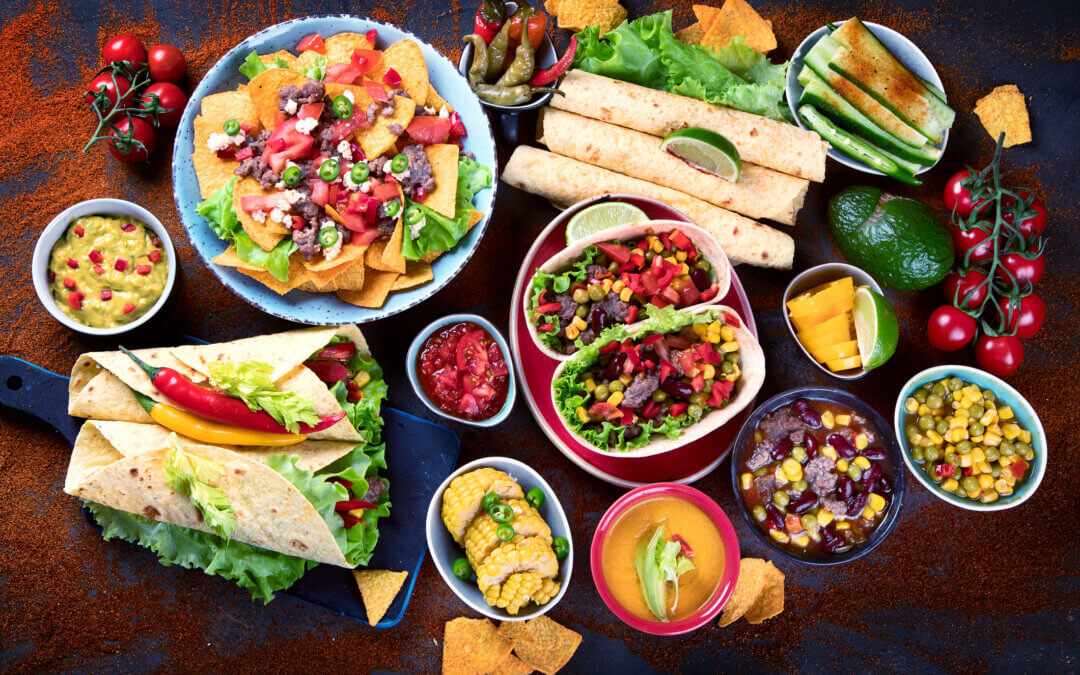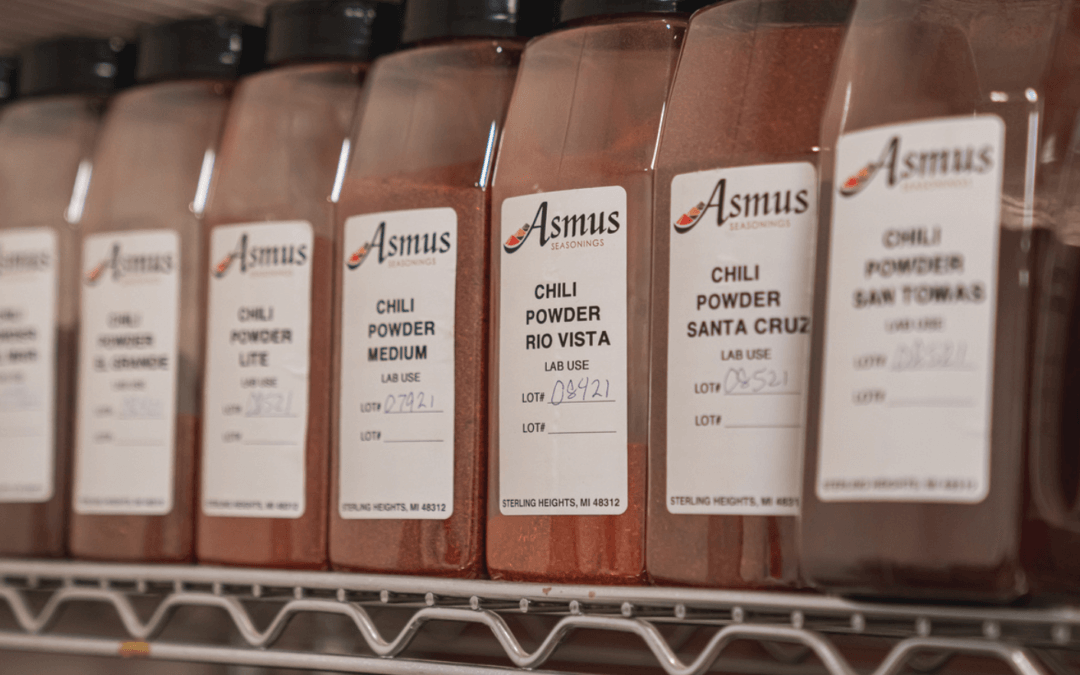For thousands of years, the spice trade has always been one of the most global food commodifies.
And one of the most volatile.
Unlike many manufactured goods whose raw materials, expertise, or labor forces are primarily concentrated in a handful of countries, spices have traditionally come from both large and small countries, spread throughout world.
In some cases, the crop of a particular spice, might be limited to only a few countries and, as such, when conditions in these countries deteriorate for any number of reasons, there’s a good chance it will have an impact on future prices.
Case in point is the recent increases being seen in the black peppercorn trade, primarily due to 3 countries who just happen to supply a fair amount of the world’s needs.
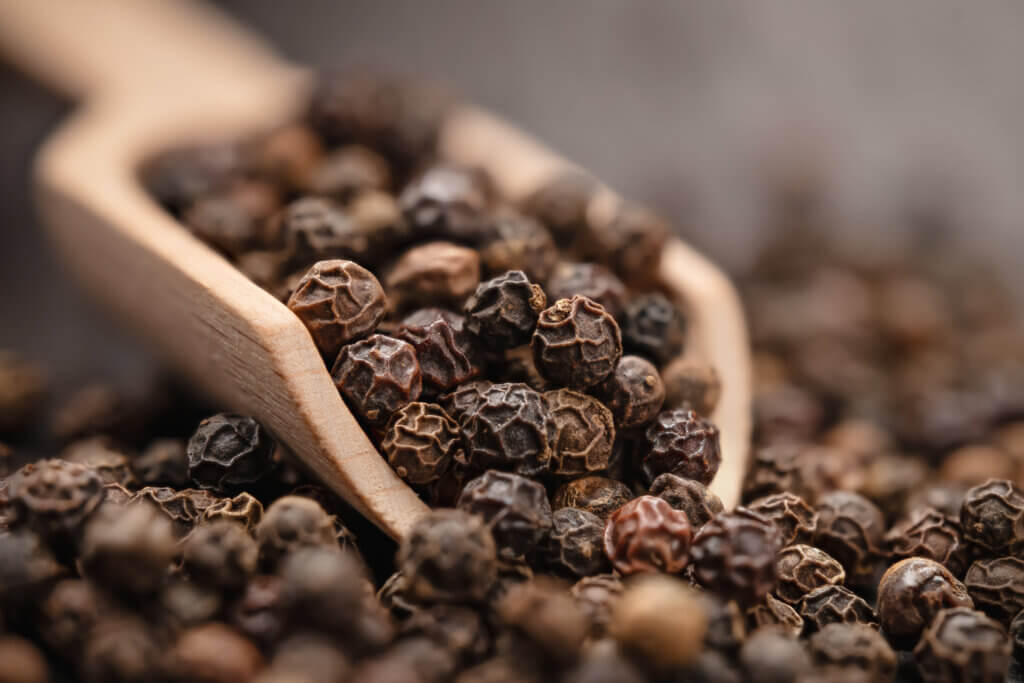
And those countries would be Brazil, who is experiencing reduced production due to dry weather blamed on El Nino, Vietnam, who announced that they will be reducing its exports to 200,000 tons in order to cover its own domestic supply needs, (while also holding back some black pepper from the markets in anticipation of future price increases which they can take advantage of), and India who is both challenged with weather conditions which are limiting their crop yields, while also trying to meet the increasing demands for black pepper from the pharmaceutical industry.
In the specific case of Brazil, its poor crop harvest has raised its prices over 12% year over year. While in Vietnam, prices in the early part of 2024 were rising 5% week over week and 15% month over month with its 2024 crop expected to be down 10 to 15% from 2023.
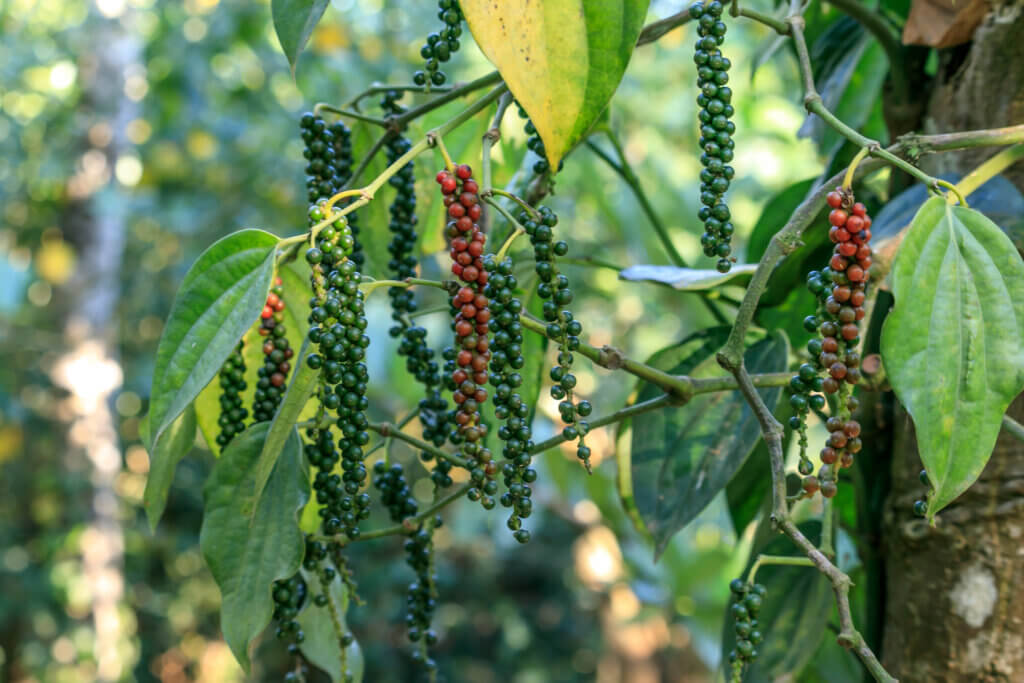
All of these scenarios put less product on the market and thus, supply and demand has inevitably raised the prices globally.
Added to these situations is the current U.S. and European inflation figures, increased transportation costs (including fuel, increased prices of shipping / containers), and constant changes in international trade policies.
Some analysts have even suggested that the re-opening of many restaurants after the worst of the Covid pandemic, has in itself contributed to the increased demand for black pepper globally.
Bottom line, we have an emerging demand from 3 huge customers. The food service industry, and the growing pharmaceutical and cosmetic industries, all vying for a reduced supply of black peppercorns on the market.

The take away.
Global black pepper production is expected to continue facing obstacles due to unpredictable weather patterns and the reduced investment in farming, both of which are important factors leading to the recent price increases of black pepper, of late.
Forecasters are mixed as to what the long-term prices might be for this precious spice, with some predicting an additional 5% year to year price increase and some guessing it could be multiple times higher.
The hope is that increased availability will come on-line soon from additional producers to ease the increasing demands in the marketplace and thus, hold down future price increases.
